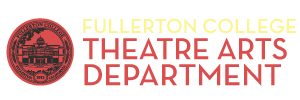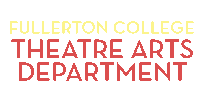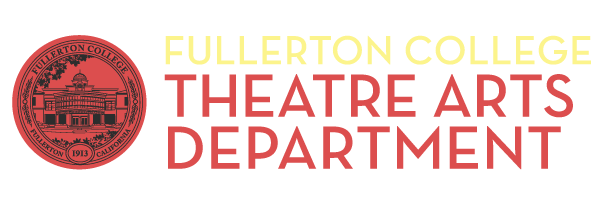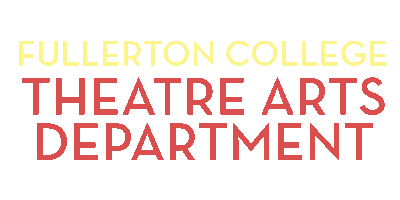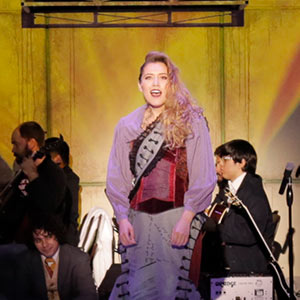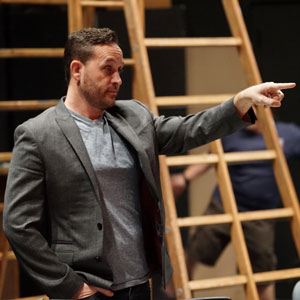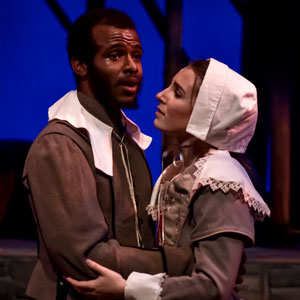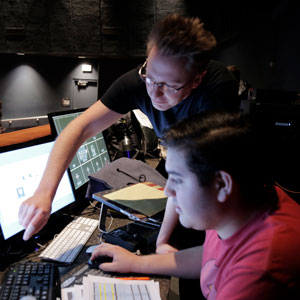Fullerton Cast Hits Its Marks in 'Assassins'
— Los Angles Times - T.H. McCulloh - Wednesday, March 17th, 1999Who would think about writing a musical about those misguided souls who have assassinated, or tried to assassinate, presidents of the United States? Only the same mind that came up with a musical about "the demon barber of Fleet Street," and the delicious meat pies his efforts created.
Never let it be said that Stephen Sondheim is not adventurous. The main difference between "Sweeney Todd" and "Assassins" is that the former has what any show needs to be successful: strong central figures around whom the whole thing swirls.
"Assassins," being revived at Fullerton College's Campus Theatre, simply has too many leading characters--nine, to be exact--to grip an audience as much as it should.
Another problem with the show is that it's really a chamber musical that's most effective when its productions are scaled down. Most revivals make the mistake of thinking about it as a "big" show, and the cumbersome scenery changes and large stages on which it's played dwarf the potential impact.
That's what happens in Fullerton College's production. Projections of presidential faces and period scenery often distract more than they help the dramatic flow of the action onstage.
This revival's other problem is the sound design by Bradley Enochs, which muffles some of the good voices; other actors, who have sharper diction and clearer delivery, are able to rise above it.
Director Charles Ketter has staged the piece with visual interest, even on the large Campus Theatre stage. He's found, along with the sophomoric reasoning of the assassins, much of the ironic humor that book writer John Weidman has interpolated into the proceedings. And he has gathered a cast that plays easily and well into the show's intricate and detailed fabric.
The strongest survivor of the sound design is Matthew White, as the narrating Balladeer. His crisp, crystal-clear tenor energizes his folk-flavored treatment of his songs, and he has a winning personality that illuminates the musical's flavor.
The assassins are a widely assorted group. Their only binding traits seem to be their blindness to reality and their simple-minded belief that they are saving the country.
This company understands their characters and blends them well. Jonathon E. Petersen's flamboyant, sometimes overly theatrical John Wilkes Booth is a fine counterpoint to Dennis Dunnigan's slow-witted, insecure Lee Harvey Oswald in the final moment at the Texas School Book Depository in Dallas, when Booth begins to persuade Oswald that it is his duty to amplify the assassins' reputations.
As Leon Czolgosz, the man who killed President McKinley, Peter Leal has a winning warmth that makes his decision to murder more poignant than it might be, and Tony Quinn is strong as the misguided immigrant who tried to kill newly elected Franklin D. Roosevelt in 1933.
John Hinckley, who failed in his attempt to kill Ronald Reagan, is pretty colorless in Chris Mendez's reading. But both Michelle Calhoun, as Sara Jane Moore, and Jill S. Luevano, as Lynette "Squeaky" Fromme, are both energetic, and often very funny, though Luevano tends to overdo Fromme's cuteness. Their attempt on the life of Gerald Ford--historically these took place separately, but Sondheim and Weidman roll them together--is a comic highlight of this production.
Combining excellent comic performances with character studies that are both strongly indicative of their subjects' off-track obsessions, Adam Harold's warped Samuel Byck, who tried to fly a jetliner into the White House, and Artie O'Daly's exuberant Charles Guiteau, who did away with President Garfield, stand out in a generally good cast.

